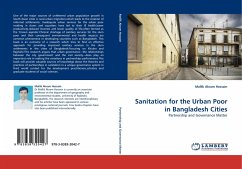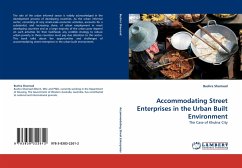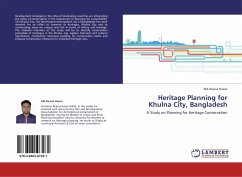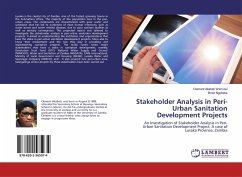One of the major sources of unfettered urban population growth in South Asian cities is rural-urban migration,which leads to the creation of informal settlements. Inadequate urban services for the urban poor residing in slums and squatters have led to their ill health,lower productivity,reduced incomes and lower quality of life,often termed as the brown agenda .Chronic shortage of sanitary services for the slum poor and their consequent environmental and health impacts are common phenomena in developing countries such as Bangladesh. This book is an outcome of a research which tries to find an effective approach for providing improved sanitary services in the slum settlements in the cities of Bangladesh.Focusing on Khulna and Rajshahi.This research argues that urban governance the relationships between the city government and the civil society does play an important role in making the variations in partnerships performance.This book will provide valuable sources of knowledge about the theories and practices of partnerships in sanitation in a unique governance system in third world context for the development practitioners,scholars and graduate students of social sciences.
Bitte wählen Sie Ihr Anliegen aus.
Rechnungen
Retourenschein anfordern
Bestellstatus
Storno








